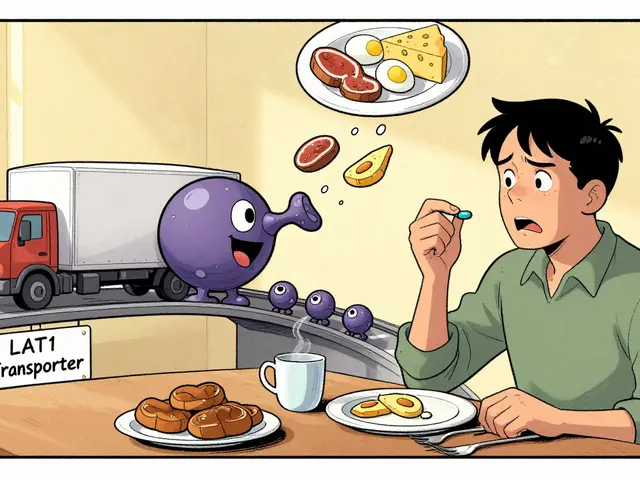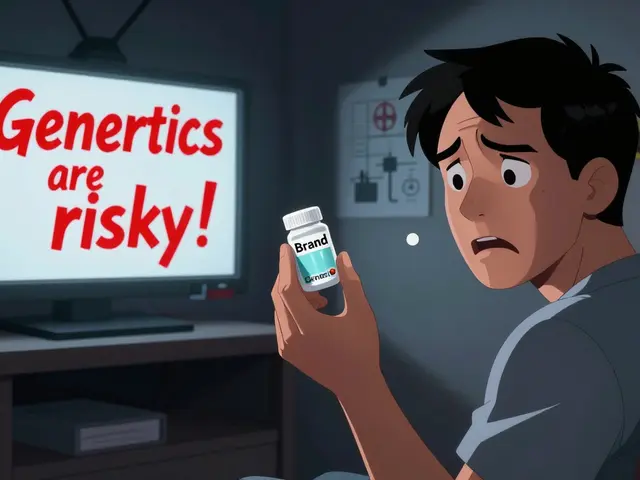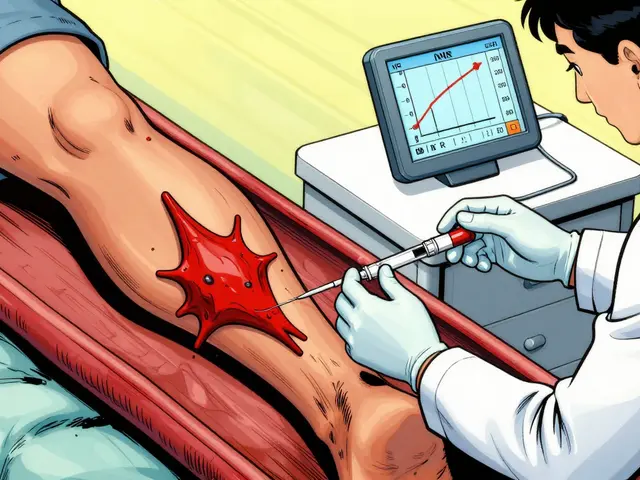Antidepressant basics: what to expect and how to choose
Antidepressants can help, but most people don’t realize they usually take 4–8 weeks to show full effects. That delay is why many stop too soon. If you’re reading this tag page, you probably want quick, practical info—what these drugs do, how they differ, and how to stay safe when using or buying them.
How antidepressants work and the main types
Most antidepressants change brain chemicals that affect mood and motivation. The common classes are:
- SSRIs (sertraline, fluoxetine, citalopram): Often first choice. Fewer side effects for many people.
- SNRIs (venlafaxine, duloxetine): Good when pain or fatigue is also a problem.
- Atypicals (bupropion): Can boost energy and sex drive for some people.
- Tricyclics and MAOIs: Older drugs that still work but usually have more side effects and need careful monitoring.
Practical tips for taking antidepressants
Start low, go slow. Doctors usually begin with a low dose and increase it if needed. Track symptoms and side effects in a simple notebook or app—note sleep, appetite, mood swings, and any new physical problems.
Don’t mix alcohol with antidepressants. It can blunt benefit and increase side effects. If you stop a drug, ask your doctor about tapering. Stopping suddenly often causes withdrawal symptoms like dizziness, flu-like feelings, or mood swings.
Give it time. Many people notice small changes in the first 2–4 weeks and bigger shifts by week 6–8. If there’s no benefit after a fair trial, your doctor may adjust the dose, switch drugs, or add therapy.
Side effects and safety checks
Common side effects include nausea, headaches, sleep changes, and sexual side effects. Most wear off after a few weeks. If you have severe symptoms—like suicidal thoughts, severe agitation, or dangerous heart issues—seek help right away.
Check drug interactions. Some meds, supplements, and even herbal products (like St. John’s Wort) can interact badly with antidepressants. Always give your prescriber a full list of what you take.
Pregnancy and breastfeeding need special attention. Not every antidepressant is safe for pregnant or nursing people. Discuss risks and benefits with your care team.
Buying meds online? Use only licensed pharmacies that require a prescription. Look for clear contact info, a pharmacy license, and real reviews. Avoid sites that sell controlled meds with no prescription or offer extreme discounts—those are red flags.
If you want more reading, this tag page collects articles about specific drugs, alternatives, and safe online pharmacy tips. Use those resources to ask better questions at your next doctor visit. Small steps—tracking, talking, and checking sources—make treatment safer and more likely to work.






